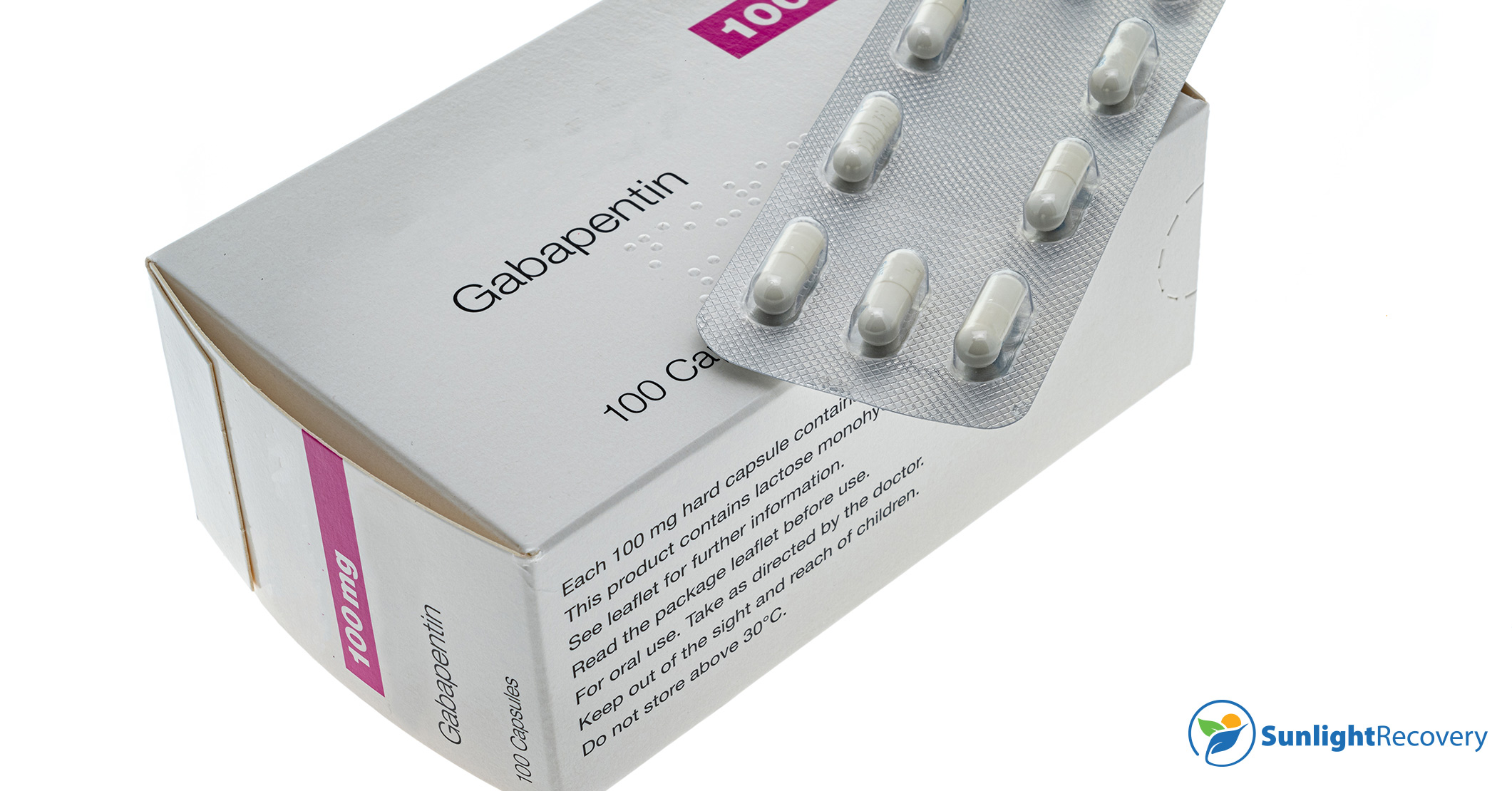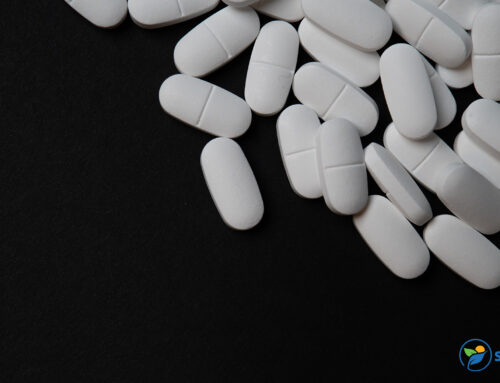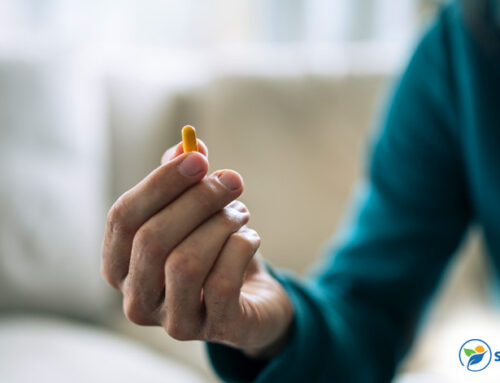Gabapentin is an oral anticonvulsant medication sold under the brand Neurontin and other names. It’s used to treat partial seizures in children and adults who have epilepsy. The drug treats seizures by limiting abnormal excitement in the brain. Additionally, gabapentin can relieve neuropathic pain that occurs after contracting shingles and restless leg syndrome.
This drug can make a real, positive impact on people’s lives, but (as is the case with all medications) it has some side effects. One of the most common side effects is weight gain. So, if you’re on gabapentin and have been noticing the scales tipping heavier, you might be wondering, “Why does gabapentin make you gain weight?” Well, we have the answers (and some weight management tips) for you here.
Exploring Medication Side Effects: The Potential Impact of Gabapentin on Weight
So, does taking gabapentin cause weight gain? The short answer is yes, it can. Weight gain is listed as a side effect of gabapentin. However, it’s not a common side effect and doesn’t usually impact most people taking gabapentin.
In one study of people with epilepsy, it was found that only 3% of people 12 and older experienced weight gain when taking gabapentin. In comparison, when people were given a placebo, 2% experienced weight gain. Similar results were found in a survey of children (aged 3-12). Of those who did gain weight, it was an average of 5 pounds after 6 weeks of using the drug.
It might not impact every taker of gabapentin, but weight gain is a very real side effect of this medication.
Why Does Gabapentin Make You Gain Weight?
Now that we know gabapentin can make you gain weight, let’s look at why that can happen. Ultimately, there are three possible reasons why Neurontin and weight gain go hand-in-hand:
- One of the side effects of gabapentin is an increased appetite. You’ll likely gain weight if you respond to these increased hunger cues.
- Another side effect of gabapentin is fluid retention. When we experience fluid retention, our bodies are holding onto extra water. This makes us appear bloated and heavier when we weigh ourselves, but it’s just water weight.
- Lastly, gabapentin can cause some people to feel fatigued. You’re less likely to feel motivated to exercise if you’re overly tired. And if you stop working out, you might experience weight gain.
Individual Variation: Recognizing That Responses to Gabapentin Can Differ
As we’ve already mentioned, weight gain isn’t a common side effect that most people taking gabapentin experience. Everyone responds to medications differently. But if you happen to be one of the people who experiences the side effects of increased appetite, fatigue or fluid retention (or all three), you may be more likely to see some weight gain.
Luckily, even if you gain weight, you don’t just have to live with it. Gabapentin is an essential drug for most, so you won’t want to give up taking the medication. Instead, you can take steps to lose weight and get back to your healthy, happy self.
Managing Weight: Strategies for Minimizing or Addressing Gabapentin-Related Weight Gain
If you’re concerned you’ll gain weight on gabapentin or you’ve already gained weight while being on the medication, there are several weight management techniques you can start to implement.
- Daily exercise: Try to get at least 30 minutes of exercise every day, even if it’s just a walk. If you notice you’re feeling more tired than before, identify the time of the day you have the most energy. Capitalize on that energy peak and schedule your exercise for that time.
- Maintain a healthy diet: Following a healthy diet is essential to manage your weight effectively. Aim to eat lots of whole foods (vegetables, fruit, whole grains) and watch your portion sizes.
- Get adequate sleep: Good sleep plays an important role in weight management. When you’re properly rested, you have the energy to exercise and are less likely to turn to unhealthy snacks for comfort. Aim to get 7-8 hours of sleep every night.
- Drink water: Sometimes, the brain mistakes a thirsty cue for a hunger signal. To help avoid unnecessary snacking, drink plenty of water and focus on staying hydrated.
- Watch your appetite: Now that you know gabapentin can stimulate the appetite, you can be more conscious of your hunger cues. If you notice that your appetite has increased since taking the medication, try to take measures against this change. If you can hold firm for a couple of weeks, your body will eventually adjust to the drug and the side effects should subside.
Consultation With Health Care Providers: The Importance of Open Discussions About Medication Effects
When taking a new medication, it’s common to feel the side effects strongly at first. After a couple of weeks, many people find that side effects diminish or disappear entirely.
However, if you’re on gabapentin and experiencing side effects that strongly disagree with you — or that last more than a few weeks — it’s time to speak to a doctor. For example, if you bring up weight gain from your gabapentin, your doctor might experiment with a lower dose of gabapentin to reduce weight gain. Or they might prescribe a different brand of gabapentin to see if that can rectify the situation.
Never assume that you have to live with the side effects of your medication. Have an open conversation with your doctor and let them work with you to find a solution.
Your Mental Health & Weight Gain
Now that we’ve answered, “Why does gabapentin make you gain weight?” it’s time to do a mental health check. Gaining weight can come with a flurry of mental health side effects, such as anxiety and depression. If your weight is starting to negatively impact your mental state, it’s time to prioritize self-care and therapy.
At Sunlight Recovery, we offer various mental health treatments that help our patients get back to healthy living. No matter what your mental health needs are, we know we can help you. Contact us today to find out more about our programs.






